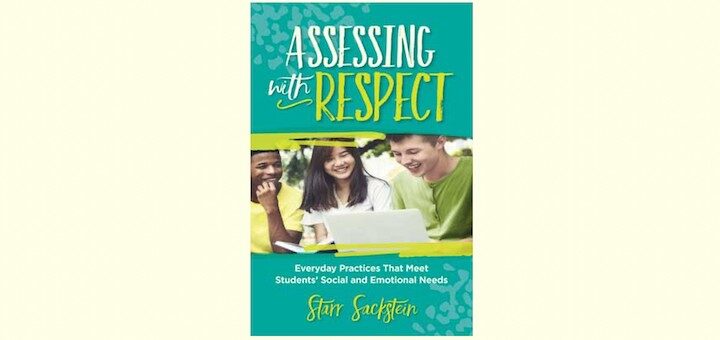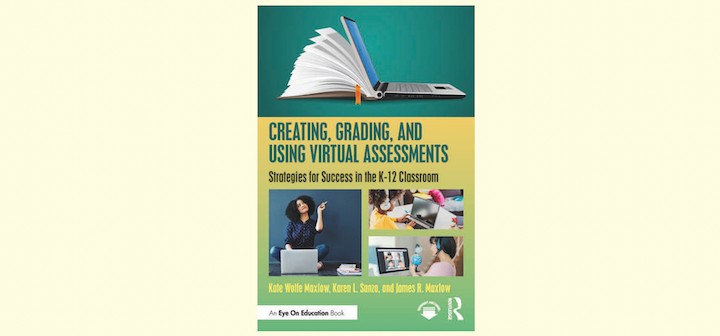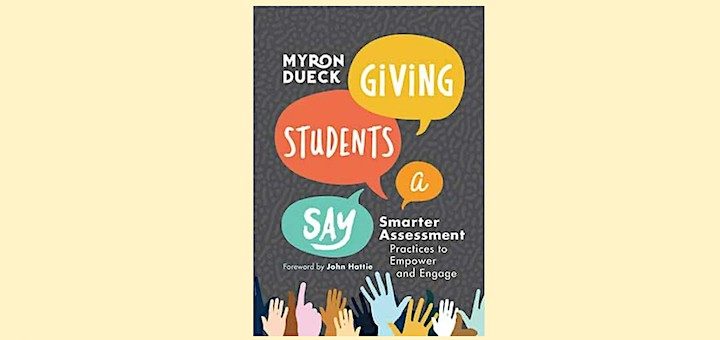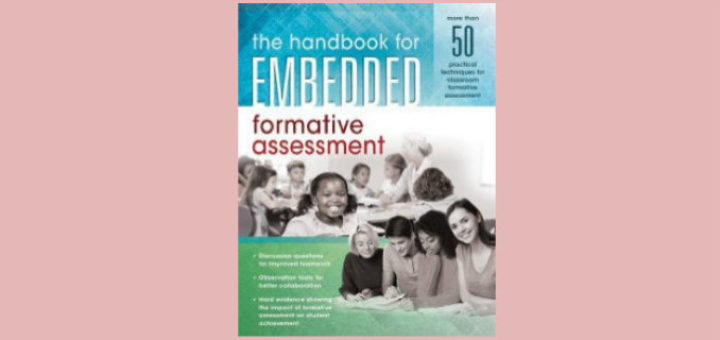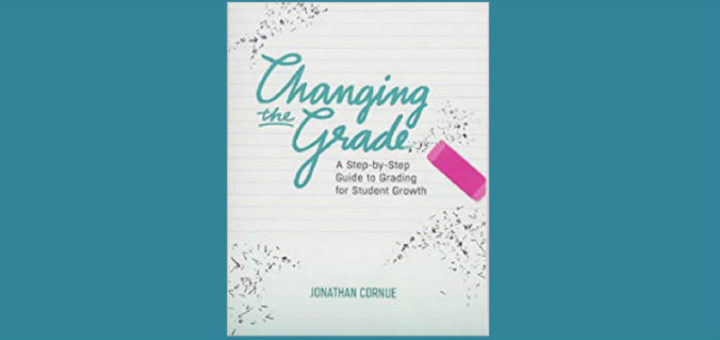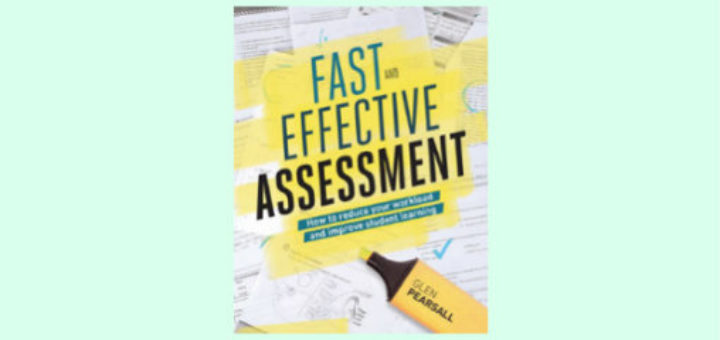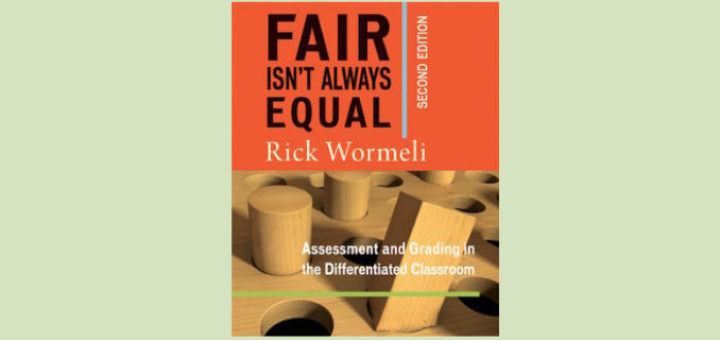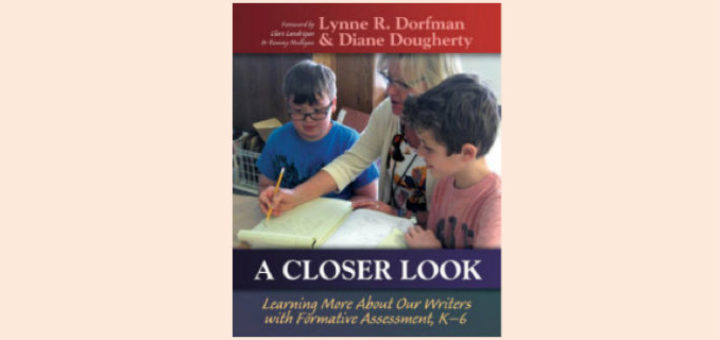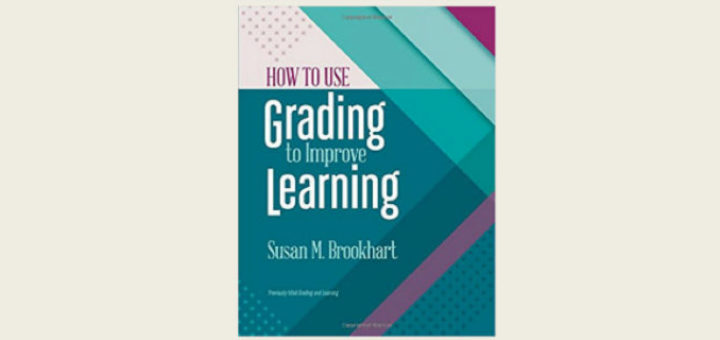Assessment That Aligns with SEL Skills and Goals
Star Sackstein’s Assessing with Respect is about focusing on meeting students’ SEL needs and how that allows us to work with them on greater academic achievements. She effectively discusses the theory of CASEL competencies and their implementation, writes NBCT Megan Balduf.

